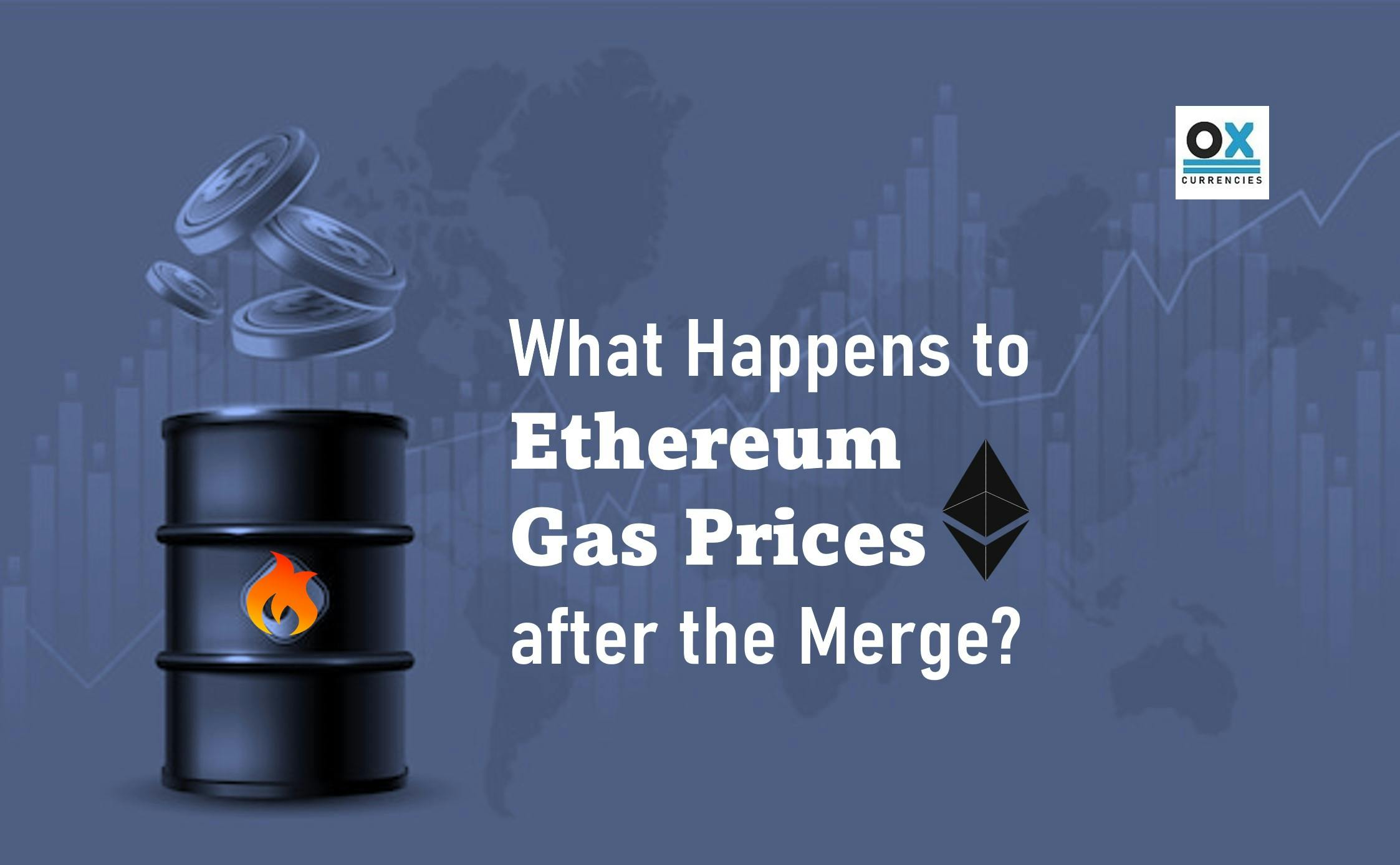
The ETH 1.0 transition to ETH 2.0 took place on September 15, 2022.
What we know as the Merge and the transition is expected to consume comparatively less computational power than Proof-of-Work, which was previously used in ETH 1.0 and will make the blockchain more scalable, secure, and eco-friendly.
The Merge has made many crypto investors anxious and excited that only a small amount of gas fees will be needed in initiating transactions on the Ethereum blockchain.
Transactions on the Ethereum blockchain are levied with extremely high gas fee charges, especially at the time of network congestion.
This happened when several Ethereum users complained about how they had to pay ridiculously large gas fees to initiate simple crypto transfers.
As a result, some of them have shifted away from the Ethereum blockchain to alternative blockchains with cheaper gas fees.
This article will provide you with insights into what will happen to Ethereum gas prices after the Merge. Keep Reading!
Key Takeaways
• Daily, more than 1 million transactions occur on the Ethereum network.
• Ethereum officially became the most popular blockchain network in 2021, surpassing the popular cryptocurrency blockchain network, Bitcoin, in terms of transfer of value.
• The success and growth of the network have not been without their setbacks. High gas fees and slow processing of transactions have been a regular source of irritation for Ethereum’s growing number of investors.
• Some traders anticipated higher prices from a range of $1,850 to $2,000 in the lead-up to the Merge.
• The Merge is part of a set of upgrades made to the network and is dubbed ETH 2.0. The updates also include The Beacon Chain and Shard Chains.
• The Ethereum blockchain finally transitioned to ETH 2.0 on September 15, 2022, and it’s expected to make the network more secure, scalable, and eco-friendly.
SEE ALSO: What is Ethereum Merge and What Happens After The Merge?
SEE ALSO: How Much Can an Ethereum Validator Earn?
Ethereum Gas Price Overview
Nodes manage transactions and the security of the Ethereum blockchain and when we talk of nodes, these are computers that contribute their computations to keep the network running.
So, in summary, these computers ensure that transactions on the Ethereum blockchain don’t get overhead. Whereas the Ethereum gas fees have to do with the cost required for adding transactions to the network or facilitating transactions on the Ethereum blockchain.
The price of Ethereum is very much influenced by network competition and complexity. So the previous mining mechanism known as the Proof-of-Work (PoW) was not only labor intensive but also unfavorable for the environment.
This led to the introduction of Ethereum 2.0 Proof-of-Stake (PoS) to make the network more secure and scalable.
This is what we know as The Merge. So even after the Merge, the Ethereum price will still be in place, albeit it would be used differently.
What Happens to Ethereum Gas Prices after the Merge?
Many investors and analysts expect that the transition of the Ethereum blockchain to ETH 2.0 will have a massive impact on the crypto market as a whole. Of course, a lot of people think that the Merge would have a huge impact, such as reducing the Ethereum gas prices and also increasing the value of the network. Although this is highly optimistic, it’s not based on facts.
There have been many issues and controversies about The Merge that the Ethereum Foundation and its supporters have tried to address and give appropriate answers to, such as the gas fee prices will not change overnight, and that the speed of transactions may not experience an increase.
However, it may cause the creation and settlement of blocks rather faster. Still, it may not be fast enough to impact processing rates.
The Ethereum network gas fees may not change immediately because the goal of The Merge is not necessarily to reduce the gas price but to expand the network capacity and make it more secure.
According to Vivek Raman, a Defi researcher, the Merge won’t affect the prices of Ethereum as anticipated by many users. He also added that the major reason for Ethereum’s high gas fees is because of increased block space demand. So the transition to proof of stake doesn’t directly impact the gas fee charges. But those who want to cut their Ethereum gas fee costs can access the Layer 2 solutions.
So instead of the ETH gas fees falling now due to the transition to ETH 2.0, it may do so when Ethereum gets to the next phase after the Merge known as sharding which is set to be launched in 2023 with lots of benefits for Ethereum.
According to the official Ethereum website, sharding will continue to reduce network congestion and increase transactions per second.
By increasing the amounts of transactions, Ethereum should be able to become more affordable even as it scales upward. The Ethereum foundation has also cleared the misconception about the Merge impacting gas prices. According to their official website;
Misconception: “The Merge failed to reduce gas fees.”
False. The Merge was a change of consensus mechanism, not an expansion of network capacity, and was never intended to lower gas fees.
Final Thoughts
The issue of Ethereum price reduction concerning The Merge has generated a lot of controversies in the world of cryptocurrencies and among crypto lovers.
Even as much as it is hotly debated in recent times due to its transition to ETH 2.0 Proof-of-Stake, those that are experienced and knowledgeable about how cryptos work will understand that Ethereum gas fees will not change immediately.
The major reason for this is that the purpose of ETH 2.0 Proof-of-Stake is not to reduce Ethereum has fees but rather with an overall view of expanding the capacity of the network and making it more secure.
Regardless of this, there are several benefits to the transition, and although the Merge may not impact gas fees, implementing the Layer-2 solutions will.
Layer-2 solutions are roll-up technologies that help transactions be processed off-chain, support Ethereum network scaling, and simultaneously reduce costs.
Ethereum co-founder Vitalik Buterin sees these as advantages and believes that shortly, gas fees for a transaction could go as low as a few USD cents.
Read More




